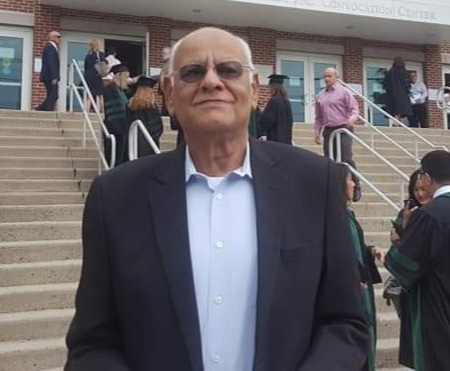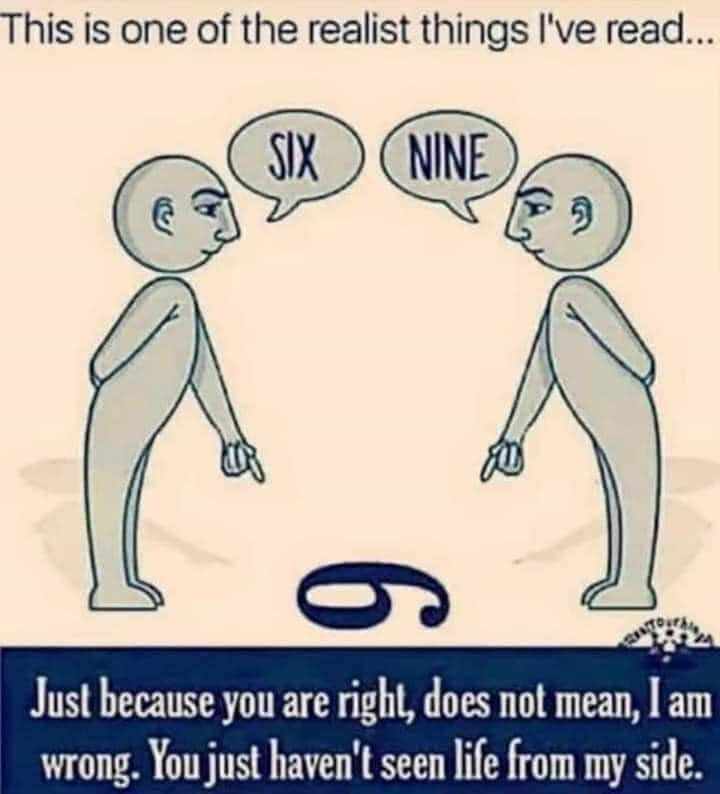Remembering Feisal Rahimtoola who taught us Principles of Management at IBA, Karachi in 1985 in my first MBA semester. His energetic style of teaching was distinctively unique while pacing from left to right moving from front to back and front, raising questions and answering the questions with good humor, while thinking aloud and exploring all the possible perspectives.
He left us a couple of days ago. Dust though art, To dust though returnest. We are from Him and to Him we return.
Coming to my first brush of social sciences in that principles of management class, and after having completed my electronic engineering, Feisal Rahimtoola provided me with my first major paradigm changing perspective during a one page case study that he had assigned us as homework and we were to answer the 3 small questions the next day.
The case study was about a small shopkeeper, of a mom and pop store, that has been around for some decades and the owner felt contented and comfortable with a consistent small income which he found sufficient for his needs. One of the question was would you consider the shop owner a success?
I grappled with the question to bring out the “right” answer because that was what we learned in engineering and Sciences. There has got to be one “right” answer to every question which is logically, mathematically correct and arrived at through a systematic application of well defined proven steps, each consistently derivable from the previous one.
When Feisal Rahimtoola took the answers about whether the shop owner is successful or not, the students’ answers ranged from yes to no with several maybes and caveats. When Feisal started analyzing the answers, it came as a surprise and shock to me that “yes” is also correct, “no” is also correct, “maybes” are also correct. It all depends upon your perspective, goals, and motivations.
What a paradigm shift for me. This was my welcome to social sciences from the deterministic world of scientific engineering.
Thanks you Feisal Rahimtoola for this entry to the phenomenological world of social sciences.
I remember telling him about this in 1990s.
He became my colleague when I joined IBA as assistant professor in 1995 and stayed there till the end of 2000. He once guided and took me to a car mechanic in Gulshan. He explained that unlike a jugaRoo جگاڑو، a good mechanic has proper tools and trolleys, and storage that aids in professional systematic repairs.
He was my active friend on fb for the last ten years, commenting, contributing, interacting and participating in various discussions.
How we owe so many of our conceptual developments to our teachers who have love for learning and teaching with enthusiasm.
Attached is the Pic from Feisal’s 2020 post, which is teaching multiple perspective lesson
https://m.facebook.com/story.php?story_fbid=10159976196544692&id=717979691&mibextid=Nif5oz
https://m.facebook.com/story.php?story_fbid=pfbid02KRP1SmHHMxFNksvdRxD69GDaR4sqjGznsM9MDzQ8zD23TpcoeAB6ghw14XwHn4Dal&id=717979691&mibextid=Nif5oz



Leave a Reply